The story of «a short-toed eagle that went through the recovery process until being released” is true and took place at the Wildlife Research and Recovery Center (RIAS), located at Quinta de Marim (Olhão). Now it is also told in the book “Hospital da Bicharada”, whose sales proceeds “will help the center”.
The work was presented this Thursday afternoon, December 16, in the auditorium of the Municipal Library of Tavira, with the author Berta Rodrigues, the illustrator Rosa Rufino and the coordinator of RIAS Fábia Azevedo.
The session was also marked by the presence of Recovery Center employees.
In a bilingual children's publication, in Portuguese and English, the book “Hospital da Bicharada” tells a story inspired by a real case that occurred at RIAS, about the rescue and arrival of a short-toed eagle at the Center, as well as the recovery process she went through, until she was released.
The story reveals "some tips on how to treat animals that are injured and the many situations that lead them to stay in that situation", as well as informing readers, be they young or old, "the way how RIAS works and recovers the animals that are rescued», revealed Berta Rodrigues, author of the work, to the Sul Informação.
From the outset, the author accepted Fábia Azevedo's invitation to write this book, "not only for her love of telling stories", but also "for the cause that the book supports". The biggest challenge that Berta Rodrigues confesses to having gone through was «the difficulty in writing about the animals that the RIAS treats and recovers and that I didn't know about. I had to turn to Fábia several times for her to help me».
The illustrations for the “Hospital da Bicharada” were in charge of Rosa Rufino, at the invitation of Berta Rodrigues. The challenge was to «only do one illustration per chapter», but «given the nature of the book and the audience for which it was written, I decided to make a larger illustration, with several notes throughout the work», explains the illustrator.
«These illustrations were demanding, as it was necessary to maintain the balance between the scientifically correct, what defines each animal, and, at the same time, leave the drawing light enough to be playful and fun, what a children's book asks for. -juvenile'.
At a cost of 12 euros, the book will be on sale at RIAS website, reversing the profits to the treatment of animals in recovery at the Center.
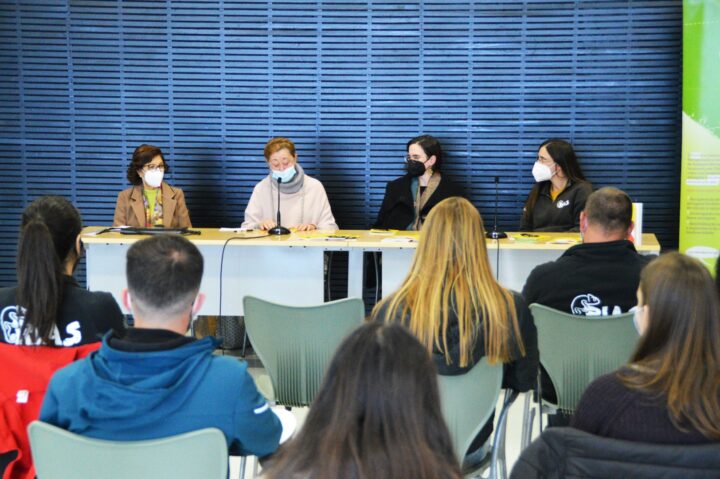
The sale of these books «will greatly support our work» because, despite being managed by “Aldeia”, a non-profit association, and also counting on the financial support of ANA Aeroportos and the Environmental Fund, «this funding is never enough for the management of RIAS», told Fábia Azevedo, to the Sul Informação.
So “we depend on donations, on animal sponsorship campaigns and we try to be very creative in the way of fundraising. This book is one of the results of that creativity».
The Covid-19 pandemic increased the work that the Center had until then, "because people started to be at home, looking out the window, finding injured animals in their yards, on sidewalks at the end of the day, on the beaches" and therefore "our work continued, never slowing down". But, financially, "it was all a little more complicated". "We have seen a significant part of our budget reduced", revealed Fábia Azevedo.
All the activities that RIAS had planned were cancelled, including environmental education actions in schools, resulting from protocols with municipalities, and the release of animals, in which they obtained donations, which «resulted in a brutal financial breach in our budget during the pandemic'.
Even the annual support donated by ANA Aeroportos to RIAS «was reduced by half», but Fábia Azevedo hopes that, in the future, it will «return to pre-pandemic values» and that «the company will continue to support the Center, as it has since 2009'.
The future of RIAS thus remains very dependent on donations, from individuals or companies, which are "essential for the Centre", but now also on the revenues of the sale of the book “Hospital da Bicharada”, which will essentially be used for «basic things such as food, medication and for treating the animals that we receive and rescue», concluded Fábia Azevedo.
Photos: Ruben Benedict | Sul Informação
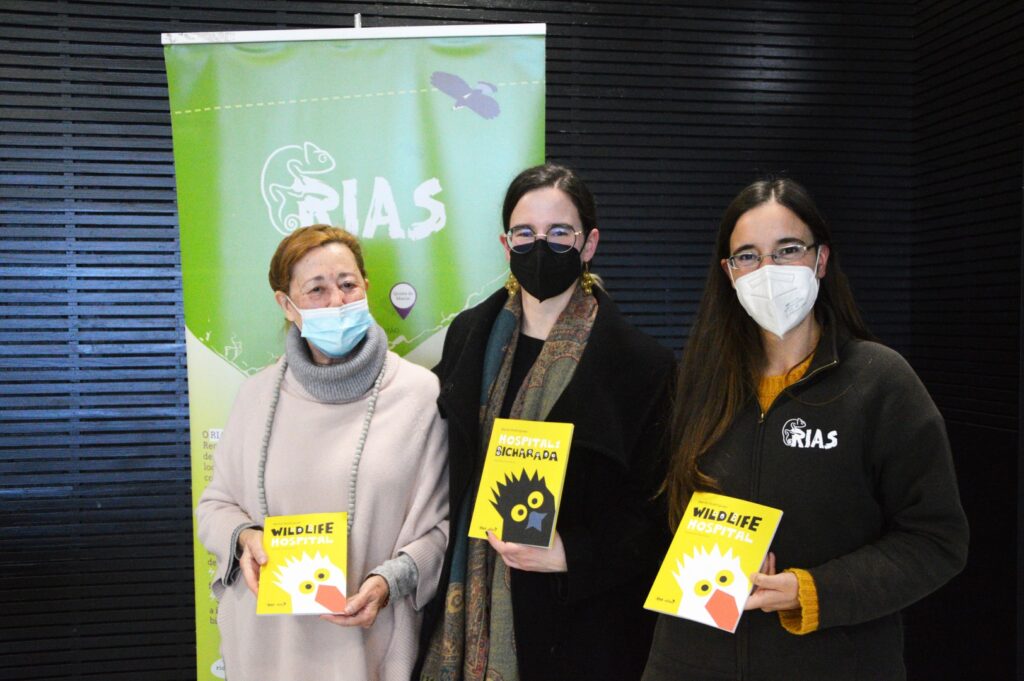
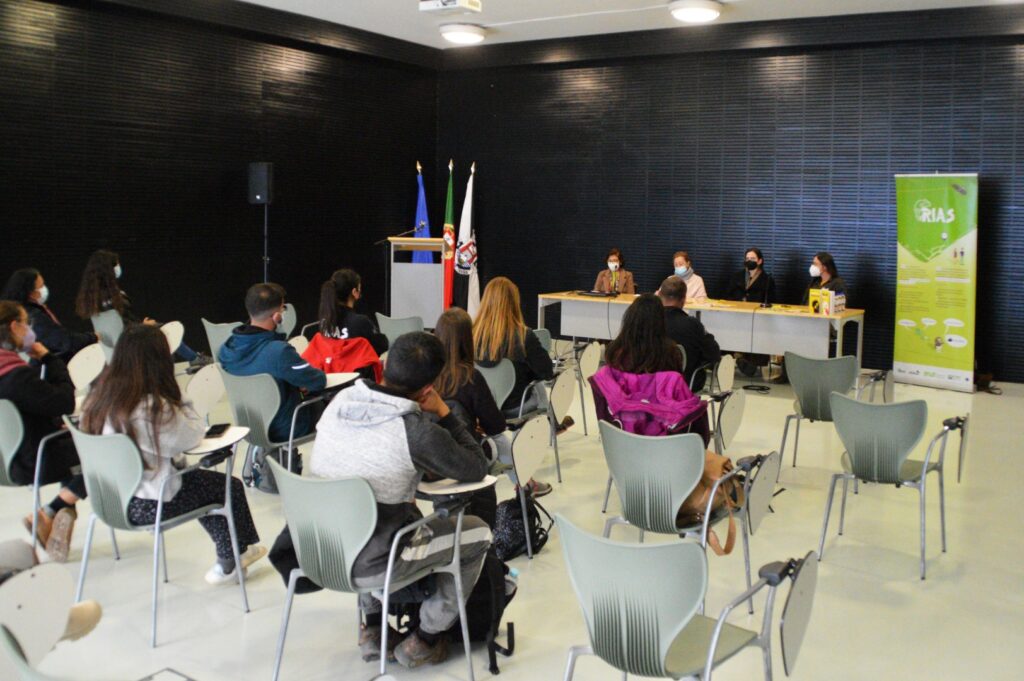
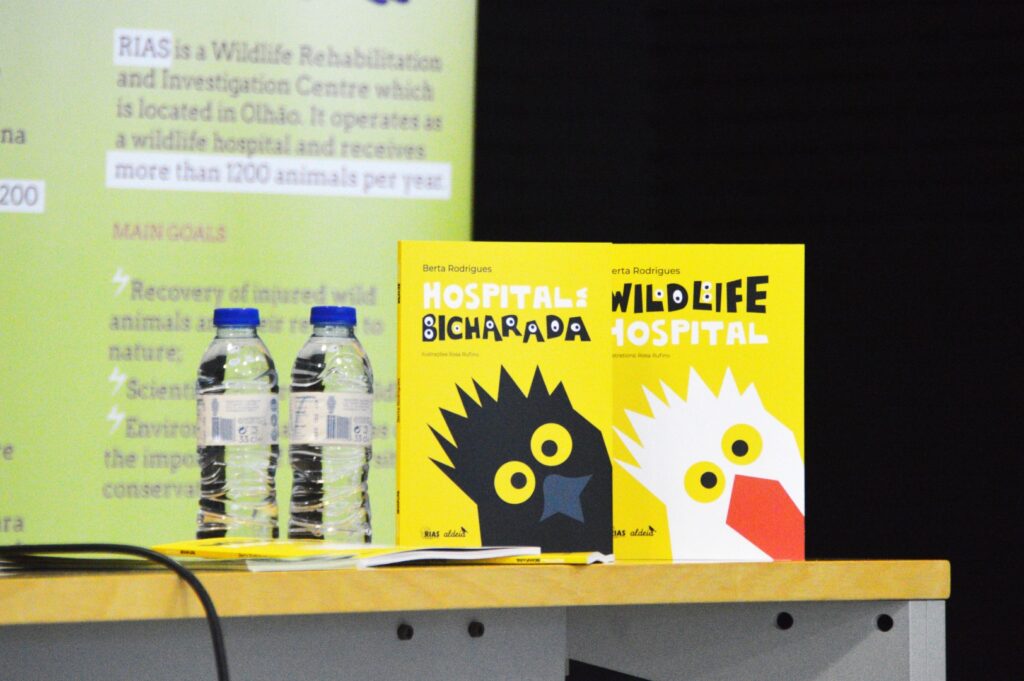
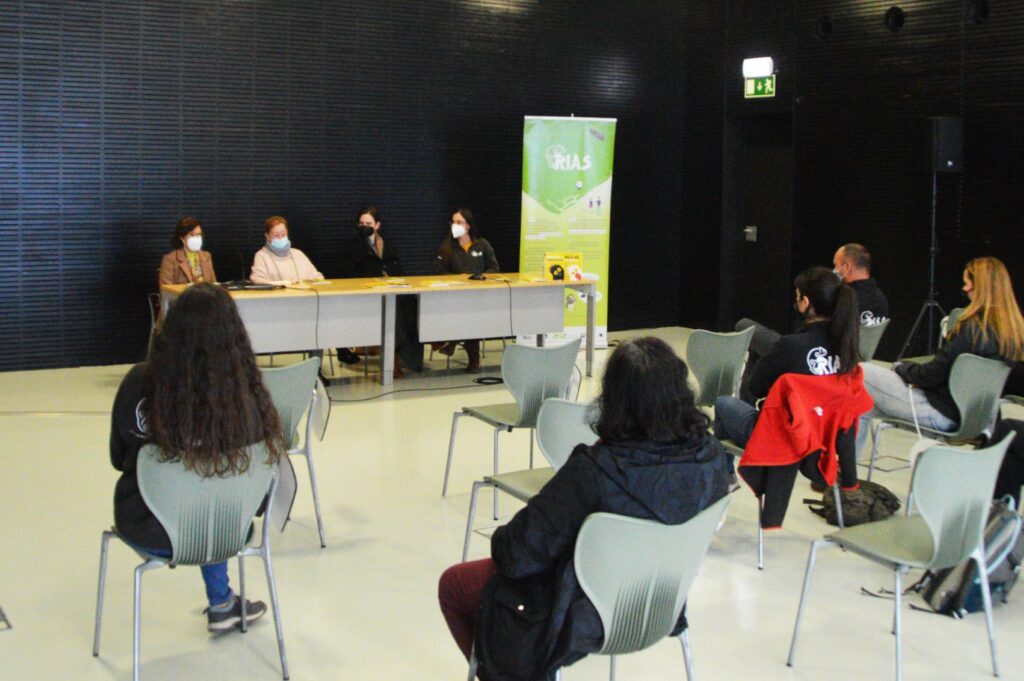
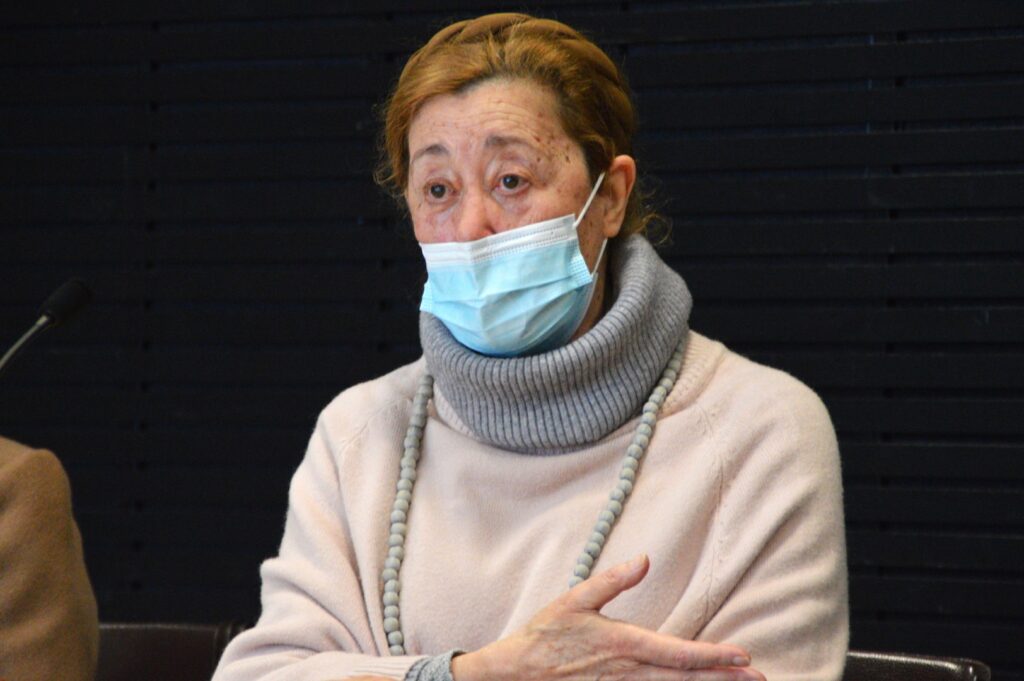
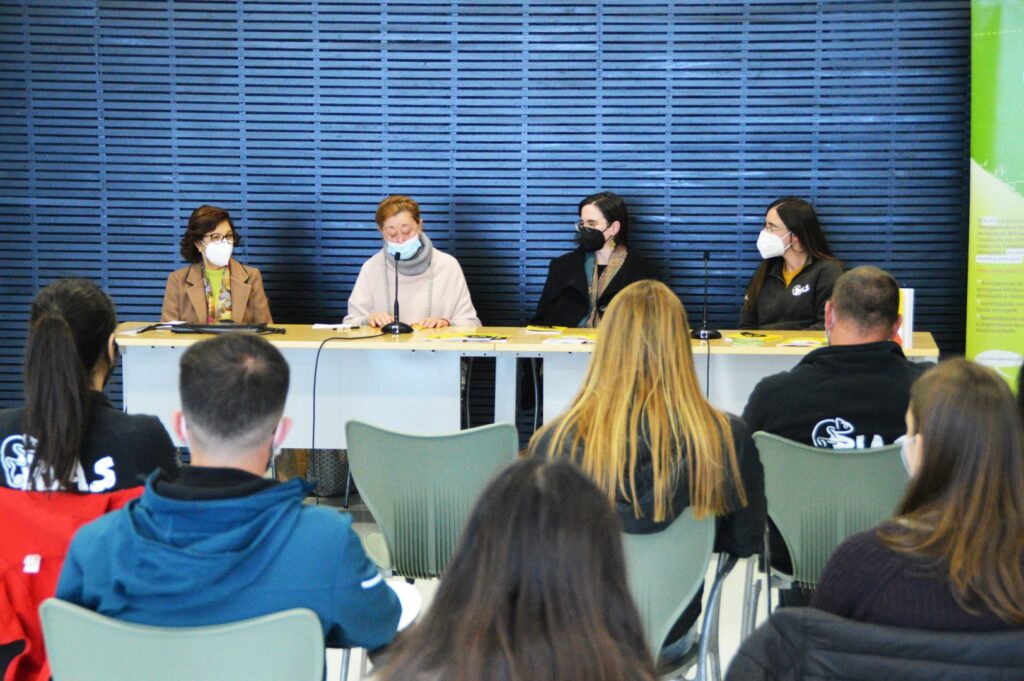
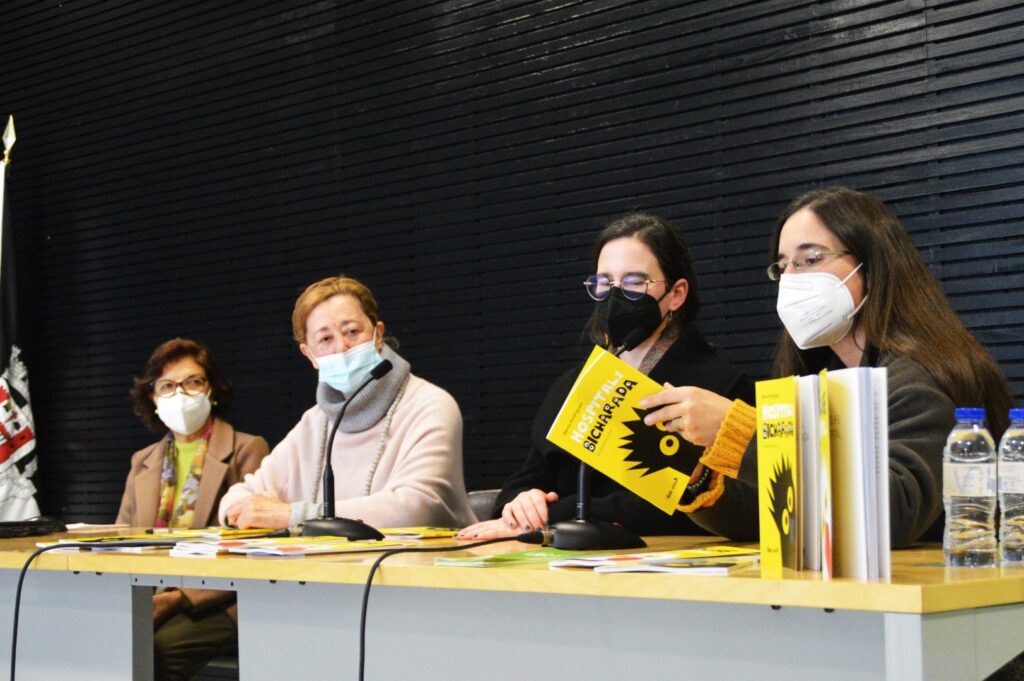
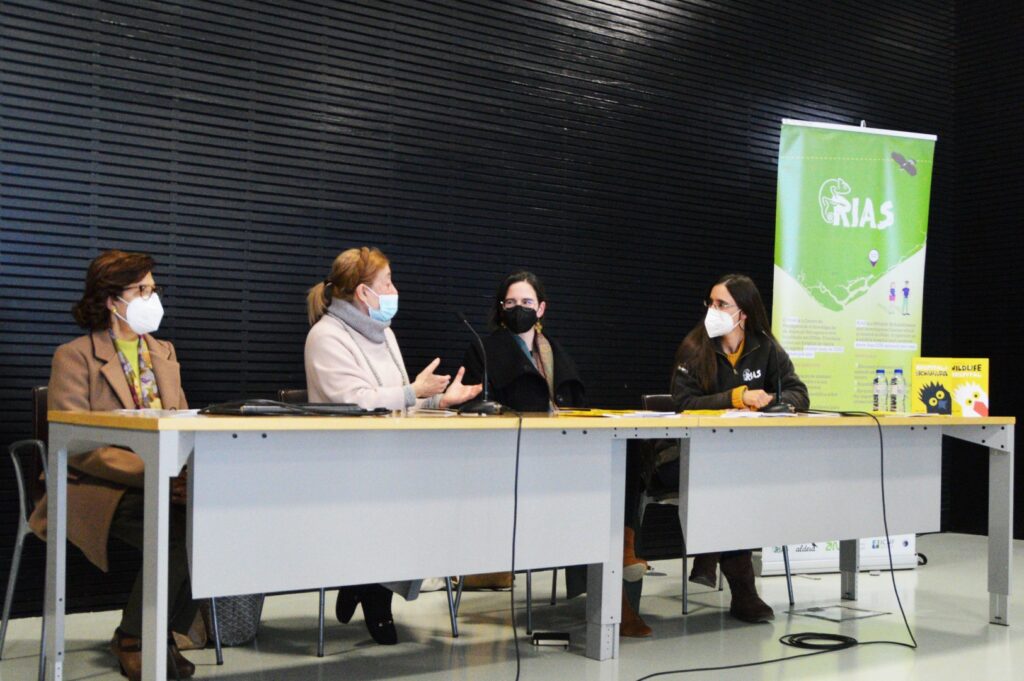



















Comments